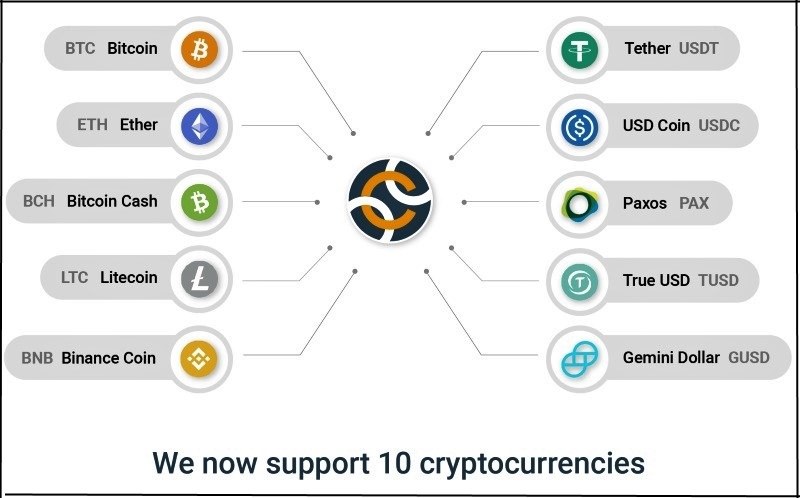Bitcoin is Criminals’ ‘Favorite’, Claims Blockchain Forensic; Used in 95% of Crypto Crimes

Bitcoin is the overwhelming choice among cryptos for criminal activity, according to an executive from crypto snoop Chainalysis. | Source: Shutterstock
Bitcoin is the reigning champion of cryptocurrency criminals. That’s the conclusion of blockchain analysis firm Chainalysis, which discovered that bitcoin is used in 95% of crypto crimes.
This finding isn’t surprising since bitcoin is by far the most popular and widely used of the 2,000 digital currencies around today.
Levin: ‘bitcoin is by far the favorite’ of criminals
“Bitcoin is by far the favorite,” Jonathan Levin, co-founder of Chainalysis, told Fortune . Interestingly, Levin says bitcoin is preferred over “privacy coins” such as Monero because it’s the most valuable and most-traded.
Indeed, many of the recent drug busts involving fentanyl purchases were uncovered through blockchain analysis because buyers paid for the illegal opioid with bitcoin.
Blockchain tracing is helpful for drug busts
Blockchain forensics analysis has been very useful for the U.S. Drug Enforcement Agency and the Department of Homeland Security in their efforts to crack down on illegal drug activity.
“There is the ability to tie some of those cryptocurrency transactions either to the pharmacies in China or to the services that people are using to distribute fentanyl,” Levin says. “Homeland Security and the DEA have actually become really good at apprehending those people.”
The service that groups like Chainalysis provides to law enforcement and crypto companies is becoming increasingly important amid the proliferation of bitcoin scams and crimes.
The IRS uses blockchain analysis
Chainalysis makes software that traces transactions recorded on public blockchains to link an individual’s identity with their crypto funds. The Internal Revenue Service is a major client.
As CCN.com reported, Chainalysis received the bulk of the money the IRS spent in 2018 to track crypto payments.
In fact, Chainalysis is the preferred blockchain analysis contractor of the U.S. government. In 2018, it received $5.3 million — or 93% — of the $5.7 million the federal government paid out to these firms.
Accordingly, blockchain-tracing firms like Chainalysis have become increasingly attractive to investors. Want proof? In February 2019, Chainalysis raised $30 million in its second round of fundraising.
As a result, Chainalysis co-founder Jonathan Levin made Forbes magazine’s list of the top 30 entrepreneurs in Europe under age 30 (see video).
Chainalysis expands tracking service to 10 cryptocurrencies
On April 25, Chainalysis announced that it’s expanding its real-time transaction monitoring on the 10 most popular cryptocurrencies, including Bitcoin, Ether, Litecoin, and Tether as part of a move to crack down on money-laundering.
The company made the announcement on a blog post :
“Since 2014, Chainalysis Reactor has been recognized as the leading blockchain analytics tool, playing a critical role in combating exchange hacks, darknet markets, ransomware, and terrorist financing.
Over 100 customers in 35 countries rely on Chainalysis KYT (Know Your Transaction) to screen transactions in real-time and receive alerts on suspicious activity.”

$7.5 million in bitcoin pilfered in sim swap scam
Even though the cryptocurrency industry is relatively new, it’s teeming with scam artists hoping to exploit the unregulated market.
As CCN.com reported, a 21-year-old Boston man was sentenced to 10 years in jail for stealing $7.5 million in bitcoin by hacking his victims’ cell phones through a practice called “SIM swapping.”
This is the first-ever conviction in the United States for a SIM swap scam. That’s when the perpetrator clones his victims’ SIM cards in order to hack into their smartphones to gain access to their online accounts.
Joel Ortiz specifically targeted people in the cryptocurrency industry. In May 2018, Ortiz brazenly stole millions of dollars by hacking several people’s smartphones at Consensus, an industry conference hosted by crypto news website CoinDesk.